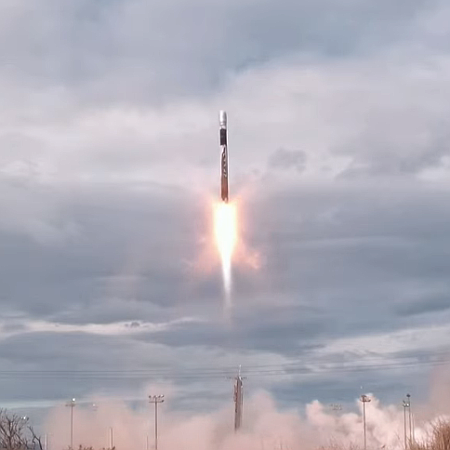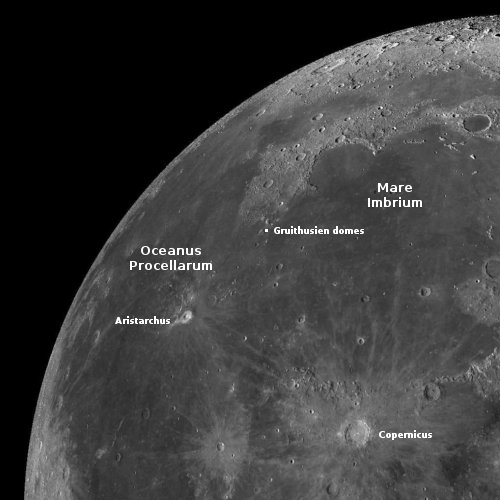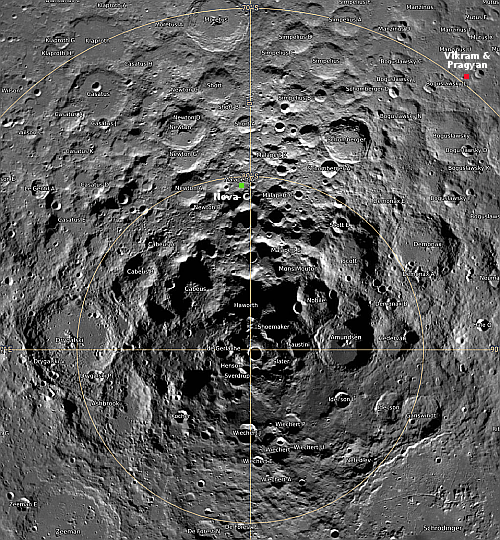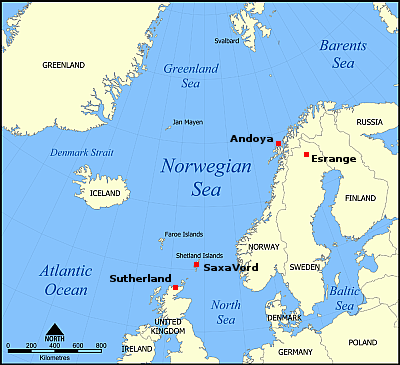Japan’s space agency JAXA schedules next H3 rocket launch
JAXA, Japan’s space agency, announced today that it has now scheduled the next test launch of its new H3 rocket for February 15, 2024.
This rocket, built by Mitsubishi for JAXA, is supposed to replace the H2A rocket, which completed its last launch in September 2023. The H3 was supposed to be flying years ago, but has experienced numerous engineering problems throughout its development. It was initially supposed to launch in 2020, but was first delayed to 2021 because of “engine issues,” which were later described as cracks and holes in the engine’s combustion chamber.
That launch date was never met. When JAXA was gearing up to launch in 2022 news sources revealed another yearlong delay until 2023 because of new engine problems, which appeared to require a complete engine redesign.
Then in February 2023 the rocket’s first launch attempt was aborted at T-0 when the two strap-on solid rocket boosters failed to ignite. A second launch attempt a month later failed when the second stage failed during launch.
Even if the rocket successfully launches in February, it still leaves Japan far behind the rest of the space-faring industry. The H3 is entirely expendable, and is far more expensive to launch than the new reuseable rockets in use or being developed by numerous private American companies or other nations. JAXA says it hopes to launch it six times a year, but I can’t imagine it getting even a third that number of customers.
What Japan’s government really needs to do is to get the launch business away from JAXA completely. Let other companies besides Mitsubishi build their own rockets and have JAXA buy their services, rather than try to design its own rockets. This system is working marvelously in the U.S., so much so that India is now aggressively trying to copy it, while communist China has made its own pseudo attempt, somewhat successfully, to do the same for the past five years.
JAXA, Japan’s space agency, announced today that it has now scheduled the next test launch of its new H3 rocket for February 15, 2024.
This rocket, built by Mitsubishi for JAXA, is supposed to replace the H2A rocket, which completed its last launch in September 2023. The H3 was supposed to be flying years ago, but has experienced numerous engineering problems throughout its development. It was initially supposed to launch in 2020, but was first delayed to 2021 because of “engine issues,” which were later described as cracks and holes in the engine’s combustion chamber.
That launch date was never met. When JAXA was gearing up to launch in 2022 news sources revealed another yearlong delay until 2023 because of new engine problems, which appeared to require a complete engine redesign.
Then in February 2023 the rocket’s first launch attempt was aborted at T-0 when the two strap-on solid rocket boosters failed to ignite. A second launch attempt a month later failed when the second stage failed during launch.
Even if the rocket successfully launches in February, it still leaves Japan far behind the rest of the space-faring industry. The H3 is entirely expendable, and is far more expensive to launch than the new reuseable rockets in use or being developed by numerous private American companies or other nations. JAXA says it hopes to launch it six times a year, but I can’t imagine it getting even a third that number of customers.
What Japan’s government really needs to do is to get the launch business away from JAXA completely. Let other companies besides Mitsubishi build their own rockets and have JAXA buy their services, rather than try to design its own rockets. This system is working marvelously in the U.S., so much so that India is now aggressively trying to copy it, while communist China has made its own pseudo attempt, somewhat successfully, to do the same for the past five years.





